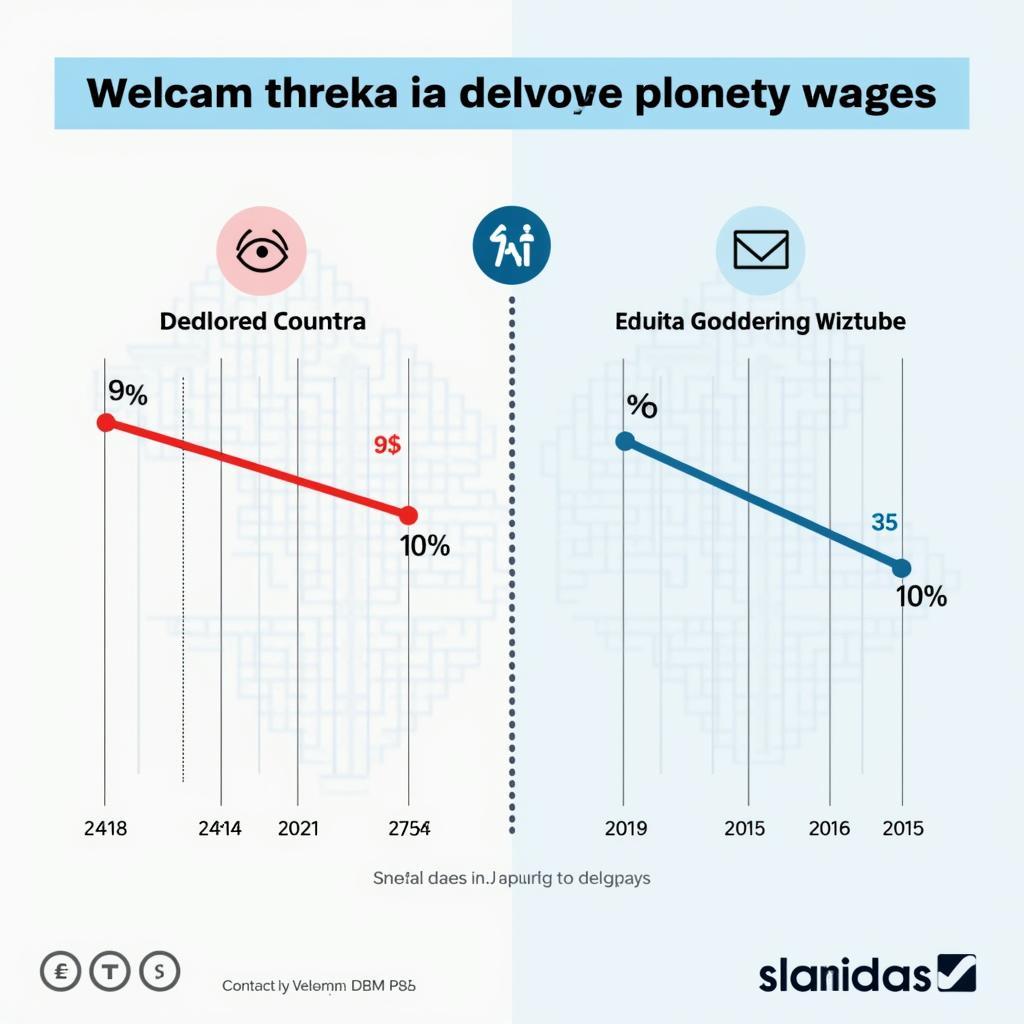Globalization’s impact on wages has been a recurring theme in IELTS Writing Task 2, appearing in various forms over the past decade. Based on analysis of past exam questions and how globalization influences job markets in developing countries, this topic remains highly relevant for future tests.
Let’s examine a common question format:
Some people believe that globalization has led to lower wages in developed countries while increasing wages in developing nations. To what extent do you agree or disagree with this statement?
Question Analysis
This question requires candidates to:
- Take a clear position on the wage effects of globalization
- Compare impacts between developed and developing nations
- Support arguments with relevant examples
- Provide a balanced discussion

Sample Essay 1 (Band 8.5)
The relationship between globalization and wage levels has become increasingly complex, showing distinctly different patterns in developed versus developing economies. While I partially agree that globalization has created this wage divergence, I believe the reality is more nuanced.
In developed nations, globalization has indeed exerted downward pressure on wages in certain sectors. Manufacturing workers, particularly those in labor-intensive industries, have seen their wages stagnate or decline as companies relocate production to countries with lower labor costs. For instance, similar to impact of globalization on traditional industries in developing countries, many textile factories in the United States have closed, leading to job losses and wage depression in affected communities.
However, developing countries have experienced more varied wage effects. While some workers have benefited from increased foreign investment and job opportunities, wage growth has not been uniform across all sectors or regions. In countries like Vietnam and Bangladesh, factory workers in export-oriented industries have seen modest wage increases, though often from very low initial levels. Yet, these gains must be weighed against rising living costs and significant regional disparities.
Moreover, the impact of globalization on wages is increasingly influenced by technological advancement and skill requirements. In both developed and developing nations, workers with specialized skills and education have generally experienced wage growth, while those in routine jobs face greater wage pressure. This pattern suggests that education and adaptability, rather than geography alone, determine wage outcomes in our globalized economy.
Sample Essay 2 (Band 6.5)
Globalization has changed how much people earn in different countries. I agree that it affects wages differently in rich and poor countries, but there are both good and bad effects.
In rich countries, some workers get lower wages because companies move their factories to cheaper places. For example, many American workers lost their jobs when factories moved to China. This makes it harder for them to find good-paying jobs. Just as the effects of globalization on the fashion industry show, some industries completely changed.
In poor countries, more jobs come from foreign companies. This helps some workers earn more money. Like in India, many people work in IT companies and get better salaries. But not everyone gets these benefits. Many workers still get very low pay.
Also, globalization makes some jobs disappear because of new technology. This happens everywhere, not just in rich or poor countries. Workers need to learn new skills to get better jobs and wages.
Key Vocabulary
- wage disparity (n) /weɪdʒ dɪˈspærəti/ – difference in pay levels
- downward pressure (n) /ˈdaʊnwərd ˈpreʃər/ – force pushing prices/wages lower
- labor-intensive (adj) /ˈleɪbər ɪnˈtensɪv/ – requiring many workers
- stagnate (v) /ˈstæɡneɪt/ – stop growing or developing
- regional disparities (n) /ˈriːdʒənl dɪˈspærətiz/ – differences between areas
High-Scoring Sentence Patterns
- Complex Cause-Effect: “While globalization has created new opportunities, it has simultaneously led to wage depression in certain sectors.”
- Parallel Structure: “Not only has globalization affected wage levels, but it has also transformed the nature of work itself.”
- Concession-Counter: “Although some workers have benefited from increased foreign investment, the overall impact on wages remains contentious.”
Remember to practice writing your own essay on this topic and share it in the comments for feedback!